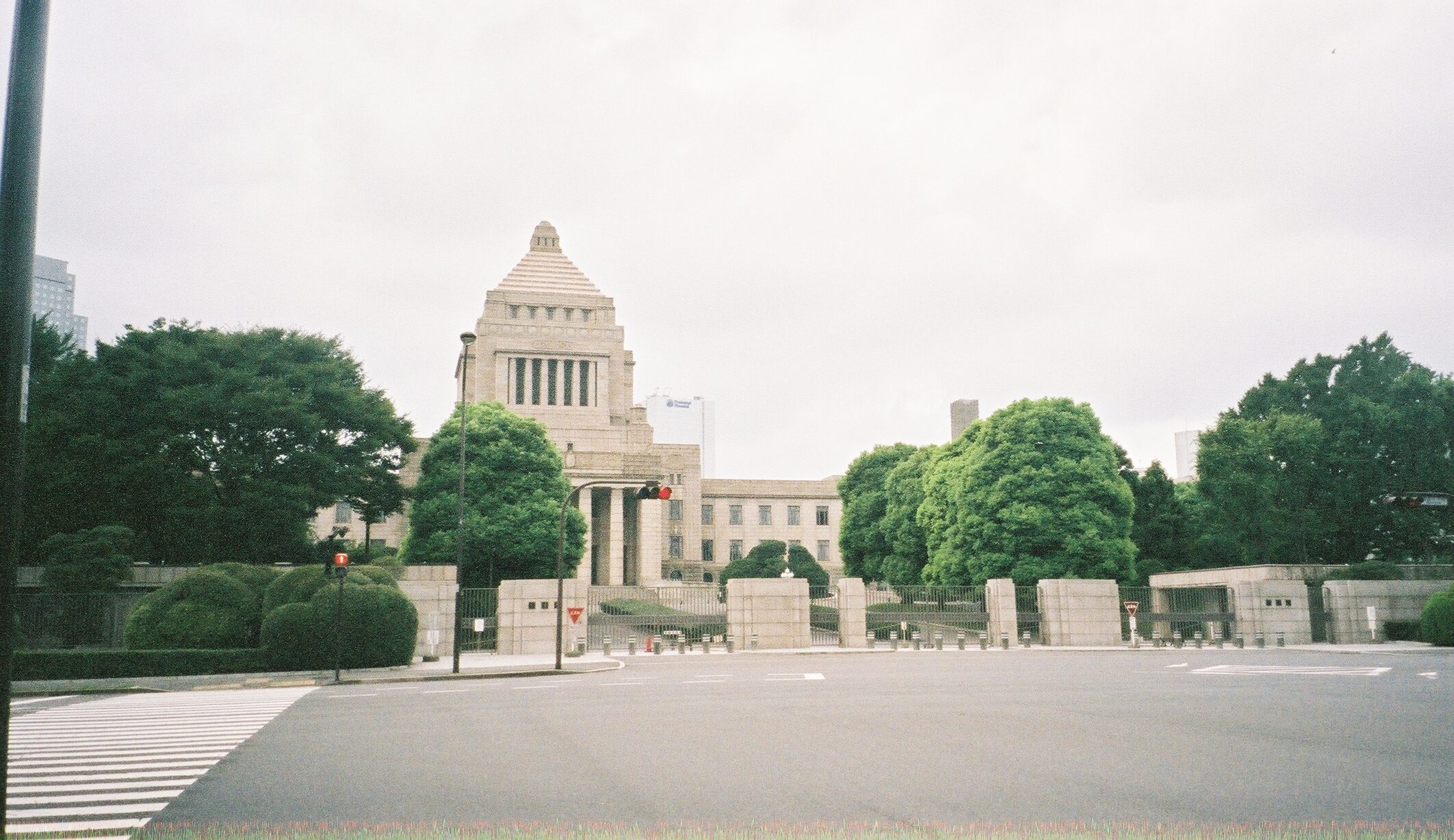公開講演会The 1960 Anpo Protests and the Origins of Contemporary Japan
日時:2024年6月21日(金) 16:40-18:40
会場:同志社大学 今出川キャンパス 良心館 RY303(対面開催)
講師:Nick Kapur (Associate Professor of History, Rutgers University)
主催:グローバル地中海地域研究同志社拠点「外交と移民」研究班

© Guilhem Vellut. "Parliament", Taken on January 29, 2007 (No change has been made)
概要
In 1960, Japan experienced the largest series of popular protests in its modern history, as millions took to the streets to oppose the US-Japan Security Treaty that to this day allows the US military to maintain bases on Japanese soil. Although the protests ultimately failed to prevent passage of the treaty, they did succeed in causing the resignation of prime minister Kishi Nobusuke and the cancellation of a visit to Japan by President Dwight D. Eisenhower. Moreover, the protests precipitated wide-ranging transformations in Japanese society, culture, and politics, as well as US-Japan relations, that still resonate today.
講師プロフィール
Nick Kapur (Associate Professor of History, Rutgers University)
経歴:
Nick Kapur is a historian of modern Japan and East Asia, with an emphasis on transnational and comparative perspectives. His research examines the intersections between political economy, culture, and international relations. He also has research interests in environmental history, gender history, and literature and film. An expert on postwar Japan, Professor Kapur also has expertise on wartime Japan and its empire leading up to, during, and after World War II.
所属先HPより転載。
お問い合わせ
崔 紗華(同志社大学 社会学部教育文化学科)
sachoi@mail.doshisha.ac.jp
